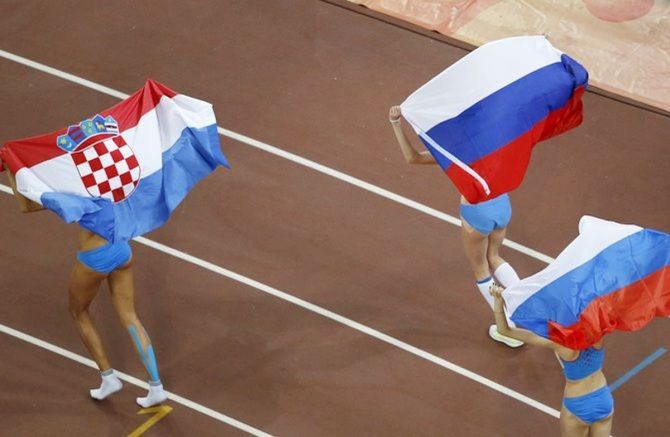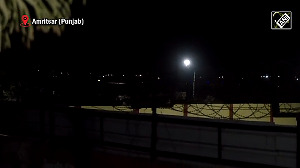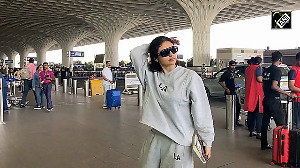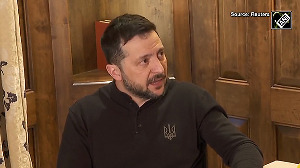Swiss court rejects Russia's appeal against Olympic doping ban. The Lausanne-based Court of Arbitration for Sport (CAS) said the sanctions, which also bar Russia from hosting or bidding for major sporting events during a two-year period, would come into force on Thursday and end on December 16, 2022.

A Swiss court on Thursday upheld doping sanctions that will prevent Russian athletes from competing at major international events under the country's flag, but halved the period of the ban to two years from four.
The ruling will leave Russian athletes without their flag and national anthem at next year's Tokyo Olympics, the 2022 Beijing Winter Olympics and at the 2022 soccer World Cup in Qatar, a severe blow to Russian sport which has been tarnished in recent years by a string of doping scandals.
The World Anti-Doping Agency (WADA) had originally banned Russia from the world's top sporting events for four years in December, 2019, but the sanction could not be implemented until the end of the appeal process.
The Lausanne-based Court of Arbitration for Sport (CAS) said the sanctions, which also bar Russia from hosting or bidding for major sporting events, would come into force on Thursday and end on December 16, 2022.
Russian government officials or representatives will be banned from attending events such as the Olympics and world championships in major sports for a two-year period.
Russians will also not be able to be appointed to or sit on committees or serve as board members at organisations that must abide by the WADA code.
WADA had accused Russia of planting fake evidence and of deleting files linked to positive doping tests that could have helped identify drug cheats.
Russian authorities, which said before the ruling that they hoped CAS would fully take the country's interests into account, said the inconsistencies in the data were purely technical and not the result of tampering.
The International Olympic Committee (IOC) said it would now carefully evaluate what the ruling meant for competitions at the next two Olympic Games and consult with international federations and the International Paralympic Committee on how to implement the CAS decision.
NOT SATISFIED
Russian anti-doping agency RUSADA said it was not fully satisfied with the decision.
"It seems that not all the arguments presented by our lawyers were heard," Mikhail Bukhanov, the agency's acting head, said in a statement.
WADA President Witold Banka said the agency was disappointed the court had not endorsed all of its recommendations.
"These are still the strongest set of consequences ever imposed on any country for doping-related offences and the award clearly endorses the resolute, process-driven approach taken by WADA in dealing effectively with this case," he said.
"This sends a clear message that institutionalized cheating and concerted efforts to subvert the global anti-doping system will not be tolerated."
But Travis Tygart, CEO of the United States Anti-Doping Agency (USADA), called the ruling a "weak, watered-down outcome."
"To once again escape a meaningful consequence proportional to the crimes, much less a real ban, is a catastrophic blow to clean athletes, the integrity of sport, and the rule of law," he said in a statement.
Russia's doping woes have snowballed since a 2015 report commissioned by WADA found evidence of mass doping among the country's track and field athletes.
Many Russian athletes were sidelined from the past two Olympics and the country was deprived of its flag at the 2018 Pyeongchang Winter Games as punishment for state-sponsored doping at the 2014 Sochi Games in southern Russia.
Russia, which has in the past acknowledged some shortcomings in its implementation of anti-doping policies, denies running a state-sponsored doping programme.












 © 2025
© 2025